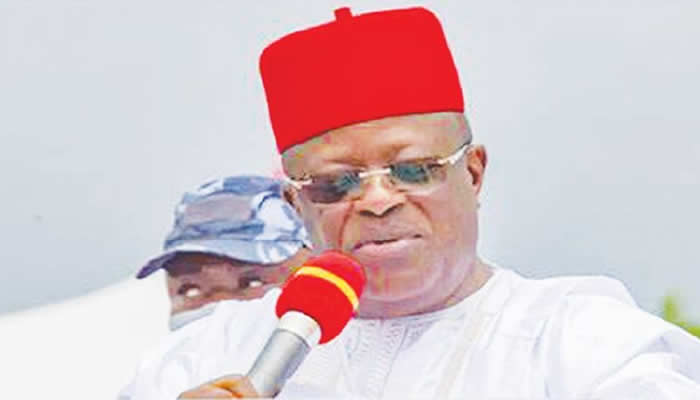The Nigerian Federal Government, under the leadership of the Minister of Works, Senator Dave Umahi, has announced significant progress and burgeoning financial interest in the development of major infrastructural projects, particularly the Lagos-Calabar Coastal Highway and the Sokoto-Badagry Superhighway. Umahi revealed that numerous financial institutions have expressed keenness to invest in these projects, signaling a positive trajectory for their timely completion. This promising development follows inspections of the ongoing Lagos-Calabar Coastal Highway and associated bridge constructions, underscoring the government’s commitment to transparency and progress monitoring. The minister attributed the substantial investor interest to the demonstrable quality and scale of work already undertaken, a factor that has impressed international assessors and effectively served as a testament to the project’s viability. This positive international reception has further reinforced the confidence of potential investors and bolstered the overall financial prospects of the projects.
Umahi emphasized the strategic approach being adopted for the Lagos-Calabar Coastal Highway project, highlighting the phased implementation plan. While a 30km stretch has already reached completion, the minister explained that this section will remain inaccessible to the public until the adjoining 17.47km segment of Section One, Phase One is also finished. This deliberate sequencing aims to ensure the seamless integration of different project phases and deliver a cohesive and functional highway upon its eventual opening. The minister outlined the existing completed segments, comprising a 20km stretch and a subsequent 10km portion, both of which await connection to the ongoing 17.47km segment currently under construction by Hi-Tech Construction company. Upon the completion of this crucial link, motorists will gain significantly improved access, utilizing the coastal highway for travel between Ahmadu Bello Way and the Lekki Free Zone, facilitating smoother and more efficient transit within the region.
A key element of the highway’s long-term sustainability, as highlighted by Minister Umahi, revolves around the implementation of a tolling system. This approach, according to the minister, is essential for ensuring consistent and adequate maintenance of the highway, regardless of whether tolling is implemented across the board. This proactive strategy underscores the government’s commitment to the sustained functionality and longevity of the infrastructure, recognizing that continuous upkeep is paramount to preserving its value and utility. The tolling mechanism is envisioned as a sustainable funding source for the ongoing maintenance efforts, guaranteeing that the highway remains in optimal condition for years to come.
Furthermore, Umahi expressed his commendation for President Tinubu’s leadership and the diligent efforts of the project teams, emphasizing the positive impact of international funders’ site visits. The minister portrayed these visits as a validation of the project’s quality and progress, stating that the positive feedback received from international observers constituted a significant “pass mark” for the ongoing efforts. This external validation further solidifies the credibility of the projects and enhances their attractiveness to potential investors. Umahi underscored that the demonstrable progress on the ground has been pivotal in garnering international confidence and attracting the financial interest crucial for the successful execution of these ambitious infrastructure initiatives.
The overarching significance of these infrastructural developments lies in their potential to catalyze economic growth and enhance connectivity across the nation. The Lagos-Calabar Coastal Highway, in particular, is poised to revolutionize transportation along the coastline, facilitating trade, tourism, and overall economic integration. Similarly, the Sokoto-Badagry Superhighway aims to bridge geographical gaps and foster improved connectivity between the northern and southern regions of Nigeria, further stimulating economic activity and national unity. These ambitious projects represent a significant step towards modernizing Nigeria’s transportation network and unlocking the vast economic potential inherent in its diverse regions.
In essence, the current trajectory of these infrastructure projects signals a promising outlook for Nigeria’s development agenda. The combination of government commitment, private sector interest, and international support lays a strong foundation for their successful completion and subsequent contribution to national prosperity. The strategic emphasis on phased implementation, coupled with the proactive maintenance strategy involving tolling mechanisms, underscores a long-term vision for sustainable infrastructure development. As these projects progress, they are expected to yield substantial economic benefits, improve interconnectivity, and enhance the overall quality of life for countless Nigerians.


